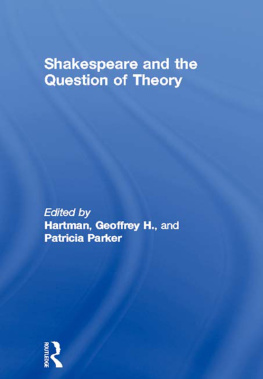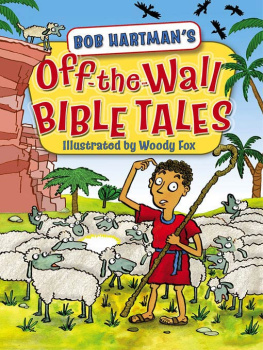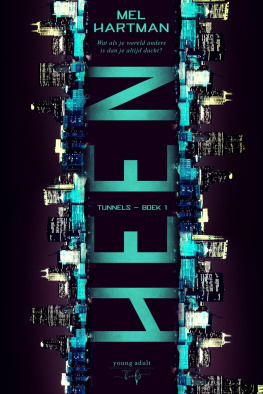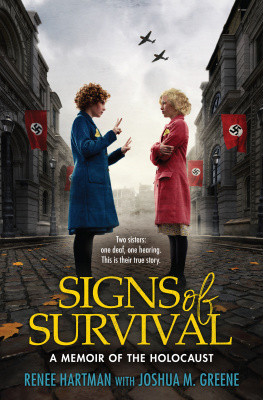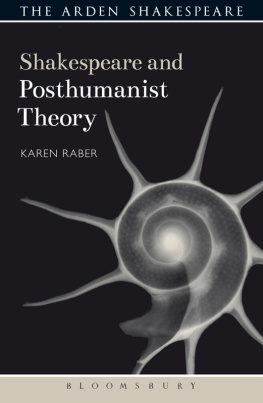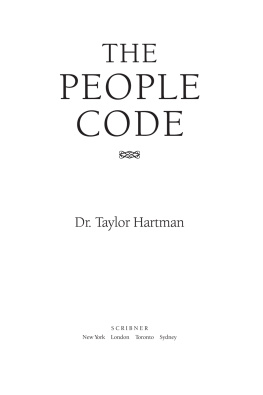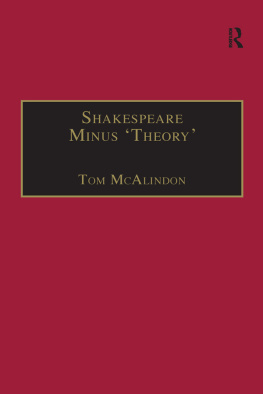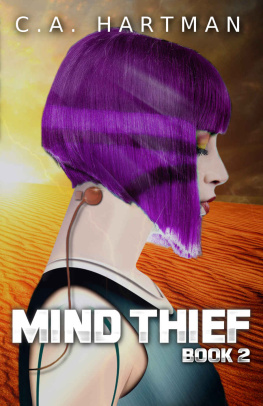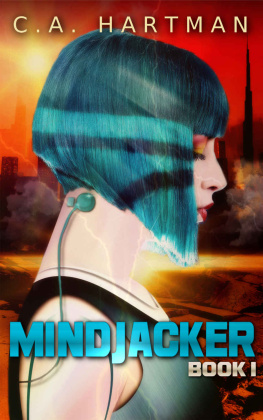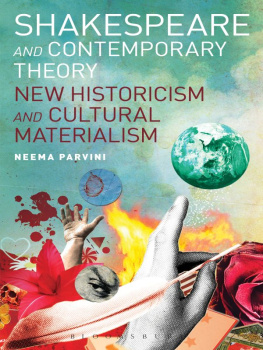Hartman Geoffrey H. - Shakespeare and the Question of Theory
Here you can read online Hartman Geoffrey H. - Shakespeare and the Question of Theory full text of the book (entire story) in english for free. Download pdf and epub, get meaning, cover and reviews about this ebook. City: New York, year: 1991, publisher: Routledge;Methuen, genre: Detective and thriller. Description of the work, (preface) as well as reviews are available. Best literature library LitArk.com created for fans of good reading and offers a wide selection of genres:
Romance novel
Science fiction
Adventure
Detective
Science
History
Home and family
Prose
Art
Politics
Computer
Non-fiction
Religion
Business
Children
Humor
Choose a favorite category and find really read worthwhile books. Enjoy immersion in the world of imagination, feel the emotions of the characters or learn something new for yourself, make an fascinating discovery.
- Book:Shakespeare and the Question of Theory
- Author:
- Publisher:Routledge;Methuen
- Genre:
- Year:1991
- City:New York
- Rating:3 / 5
- Favourites:Add to favourites
- Your mark:
- 60
- 1
- 2
- 3
- 4
- 5
Shakespeare and the Question of Theory: summary, description and annotation
We offer to read an annotation, description, summary or preface (depends on what the author of the book "Shakespeare and the Question of Theory" wrote himself). If you haven't found the necessary information about the book — write in the comments, we will try to find it.
Shakespeare and the Question of Theory — read online for free the complete book (whole text) full work
Below is the text of the book, divided by pages. System saving the place of the last page read, allows you to conveniently read the book "Shakespeare and the Question of Theory" online for free, without having to search again every time where you left off. Put a bookmark, and you can go to the page where you finished reading at any time.
Font size:
Interval:
Bookmark:
First published in 1985 by
Methuen, Inc.
29 West 35th Street, New York, NY 10001
This edition published in the Taylor & Francis e-Library, 2005.
To purchase your own copy of this or any of Taylor & Francis or Routledges collection of thousands of eBooks please go to www.eBookstore.tandf.co.uk.
Published in Great Britain by
Methuen & Co. Ltd
11 New Fetter Lane, London EC4P 4EE
The collection as a whole 1985 Methuen & Co. Ltd and Methuen, Inc.
1984 Stanley Cavell
Other chapters 1985 the respective authors
All rights reserved. No part of this book may be reprinted or reproduced or utilized in any form or by any electronic, mechanical or other means, now known or hereafter invented, including photocopying and recording, or in any information storage or retrieval system, without permission in writing from the publishers.
Library of Congress Cataloging in Publication Data
Main entry under title:
Shakespeare and the question of theory.
I. Shakespeare, William, 15641616Criticism and interpretationAddresses, essays, lectures.
I. Parker, Patricia, 1945. II. Hartman, Geoffrey H.
PR2976.S3373 I985 822.33 85I3835
ISBN 0 416 369200 0 (Print Edition)
0 416 36930 8 (pbk.)
British Library Cataloguing in Publication Data
Shakespeare and the question of theory.
I. Shakespeare, WilliamCriticism and interpretation
I. Parker, Patricia II. Hartman, Geoffrey H.
822.33 PR2976
ISBN 0-203-41474-8 Master e-book ISBN
ISBN 0-203-41477-2 (Adobe eReader Format)
ISBN 0 416 369200 0 (Print Edition)
0 416 36930 8 Pbk
Every major rethinking of literature and theory has a way of returning to particular texts, whatever the theoretical resistance to the very idea of a canon; and often to discover that what was canonical was not so much, or not just, the text in question but the received readings of it, its normalization as a cultural icon or familiar construct. The theoretical ferment which, in Stephen Greenblatts phrase here, has affected (some would say afflicted) literary studies during the past decade has called into question traditional ways of thinking about, classifying, and interpreting texts. And so, perhaps, it was inevitable that a book such as thiswhich both begins with theory and questions it in turnshould be devoted to Shakespeare, arguably the most canonical and culturally preeminent of subjects. Shakespeare himself has been not just the focus of a variety of divergent critical movements within recent years but also, increasingly, the locus of emerging debates within, and with, theory itself, as Greenblatts own simultaneous use and critique of deconstruction makes clear. Larger theoretical developments have had their echo in what is now amounting to a wholesale reconsideration of the Shakespearean corpusfrom the controversy over what constitutes an authoritative text for plays which exist in so many versions, to the perception of a kinship between Derridean wordplay or Bakhtinian heteroglossia and Shakespeares own inveterate punning, from the exploration by feminist critics of the differing roles of women in Shakespeare to the reopening of historical and ideological questions in ways other than a simple return to the static conservatism of Tillyards long-influential Elizabethan World Picture.
This is a book, then, both for those interested in Shakespeare and for those interested more generally in the emerging debates within contemporary criticism and theory, since Derrida, Foucault and others first burst upon the consciousness of English-speaking readers almost a generation ago. It begins with what the label theory perhaps still most readily brings to mindanalyses of language and figure, deconstructive strategies of reading, but also a broader engagement with what Joel Fineman here highlights as the ropetricks of rhetoric to which modern theory has been so influential in returning critical attention. Howard Felperin starts from a tendency in Shakespeare criticism not unlike the kind parodied in L.C.Knightss classic How many children had Lady Macbeth? and argues in his discussion of representation in The Winters Tale for Shakespeares own sophisticated awareness of the inescapable mediacy of all language, of the instability of meaning and the radical uncertainty of interpretation. Elizabeth Freund illustrates her thesis that it is possible, in the wake of contemporary theoretical discourse, to show that the Shakespearean self-reflexive forays of wit match, remarkably, the wit of the deconstructionist enterprise by an examination of the ways in which Troilus and Cressida, like recent rhetorical analysis, questions the assumptions of unified meaning central to certain kinds of criticism and calls attention to its own intertextuality by foregrounding its highly literary materia. Geoffrey Hartman, reviewing the varieties of traditional Shakespeare scholarship, from G.W.Knight to Empson to Leavis, from historical scholarship to editorial gloss to biographical sleuthing, focuses on the ways in which Shakespeares notorious punning and wordplay undo the hegemony of any single order of discourse, compelling us, as he puts it, to realize the radically social and mobile nature of the language exchange. My own essay attempts in turn to ground the language of Othello more historically in the crossing of rhetorical and judicial, and the uncertainty of reference which Felperin describes as problematic for both audience and jealous husband in the link between rhetoric, representation, and the classic problem of this tragedys supposed double time scheme.
Hartmans essay invokes Dr Johnsons famous, or infamous, remark on the pun or quibble as Shakespeares fatal Cleopatra in order to explore the richness of precisely such punning play within Twelfth Night. But Johnsons very choice of phrase betrays the gender associations of his ageand not just his agewith the slippery and suspect deviance of figurative language itself. What is only implicit, then, in the essays in is to figure the rivalry between men.
as well as with Showalters very different questioning of Freud and Lacan, Fineman also asks why the question of rhetoric should evoke from psychoanalysis the patriarchalism for which Lacan appears to be the most explicit mouthpiece, just as the same question provokes the anti-patriarchal gender deconstructions of a Derrida or the French feminism of a Julia Kristeva, Luce Irigaray, or Hlne Cixous. Finemans essay suggests an intimate connection between rhetoric and the very placing of woman, as indeed might a glance at those numerous Elizabethan rhetorical handbooks in which discussions of ordo and proper sequential disposition so frequently invoke the model of man first, woman second as the conventional example of a proper order both in discourse and in nature. Or as the reinstitution of patriarchy in as controversial a play for feminist analysis as A Midsummer Nights Dream suggests a rule associated with what is called the ordered chain of discourse.
All four essays in of theatrical performance and the Lacanian discourse of the Other it represses. Thomas M.Greene reads the Sonnets as calling into doubt both the representation of the bourgeois poets aristocratic friend as the source of all value and an alternative economic system located in the value of the poetry itself, while Stanley Cavellwriting on the play which, especially after Brecht, has provoked radically divergent political responsesargues that Coriolanus is concerned not so much with a specific politics as with the very formation of the political.
The volume comes to an end with three essays on
Font size:
Interval:
Bookmark:
Similar books «Shakespeare and the Question of Theory»
Look at similar books to Shakespeare and the Question of Theory. We have selected literature similar in name and meaning in the hope of providing readers with more options to find new, interesting, not yet read works.
Discussion, reviews of the book Shakespeare and the Question of Theory and just readers' own opinions. Leave your comments, write what you think about the work, its meaning or the main characters. Specify what exactly you liked and what you didn't like, and why you think so.

